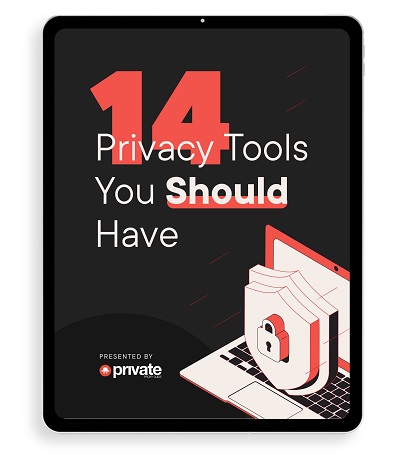In a striking revelation, HUMAN’s Satori Threat Intelligence team has unearthed a sophisticated cybercriminal operation dubbed PROXYLIB, which has been exploiting seemingly benign VPN applications to convert unsuspecting users’ devices into nodes within a residential proxy network. This network has been used to mask various malicious activities, from advertising fraud to bot-driven attacks, by routing them through the IP addresses of ordinary users.
The initial discovery centered on a free VPN app called Oko VPN, which, upon scrutiny, was found to be enrolling devices into this illicit network without the users’ knowledge. This led to its removal from the Google Play Store in May 2023. However, the investigation didn’t stop there. Further analysis revealed an alarming cluster of 28 applications tied to the PROXYLIB operation, all of which have since been purged from the Google Play Store, showcasing the pervasive nature of this threat.
The operation leverages a Golang library for the technical underpinnings of the proxy enrollment process. Moreover, the researchers traced subsequent versions of PROXYLIB being marketed under the guise of the LumiApps SDK, indicating an evolving threat landscape. The malevolent network was not only peddled among the cybercriminal underground but was also monetized through Asocks, a residential proxy seller, hinting at a broader ecosystem of cybercrime fueled by the involuntary participation of ordinary devices.
In response, Google has ramped up its defenses, notably through Google Play Protect, to shield Android users from such covert operations. Meanwhile, HUMAN has broadened its protective measures, fortifying its clientele against the myriad of attacks commonly orchestrated via residential proxies.
This incident sheds light on the sophisticated methods employed by cybercriminals to exploit digital infrastructures and the ongoing battle between these nefarious actors and cybersecurity defenders. It underscores the imperative for users to remain vigilant and for tech companies to continually enhance their security measures. As the digital domain becomes increasingly integral to everyday life, such revelations serve as a stark reminder of the complexities and challenges in safeguarding digital privacy and security in an ever-evolving cyber landscape.
We earn commissions using affiliate links.


![7 Best Cloud Storage Apps for iPhone ([year]) [Free & Paid] Best Cloud Storage Apps for iPhone](https://www.privateproxyguide.com/wp-content/uploads/2021/02/Best-Cloud-Storage-Apps-for-iPhone-150x150.jpg)

![Best NAS Devices for Small Businesses in [year] Best NAS Devices for Small Businesses](https://www.privateproxyguide.com/wp-content/uploads/2022/07/Best-NAS-Devices-for-Small-Businesses-150x150.jpg)

![Best Parental Monitoring Apps for iPhone, iOS & Android [year] best parental monitoring apps for iphone](https://www.privateproxyguide.com/wp-content/uploads/2021/03/best-parental-monitoring-apps-for-iphone-150x150.jpg)






![Best Cryptocurrency Apps in [year] Best Cryptocurrency Apps](https://www.privateproxyguide.com/wp-content/uploads/2022/09/Best-Cryptocurrency-Apps-150x150.jpg)

